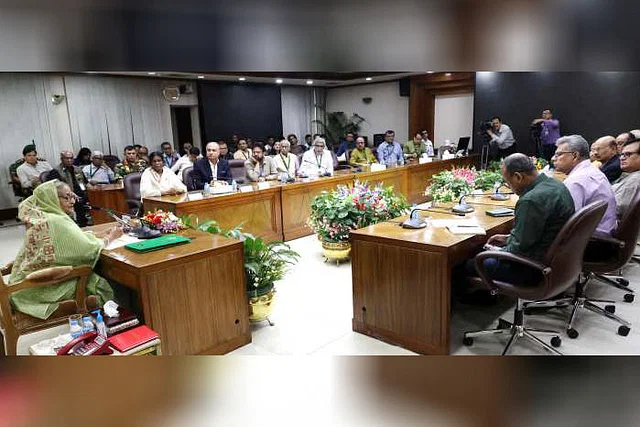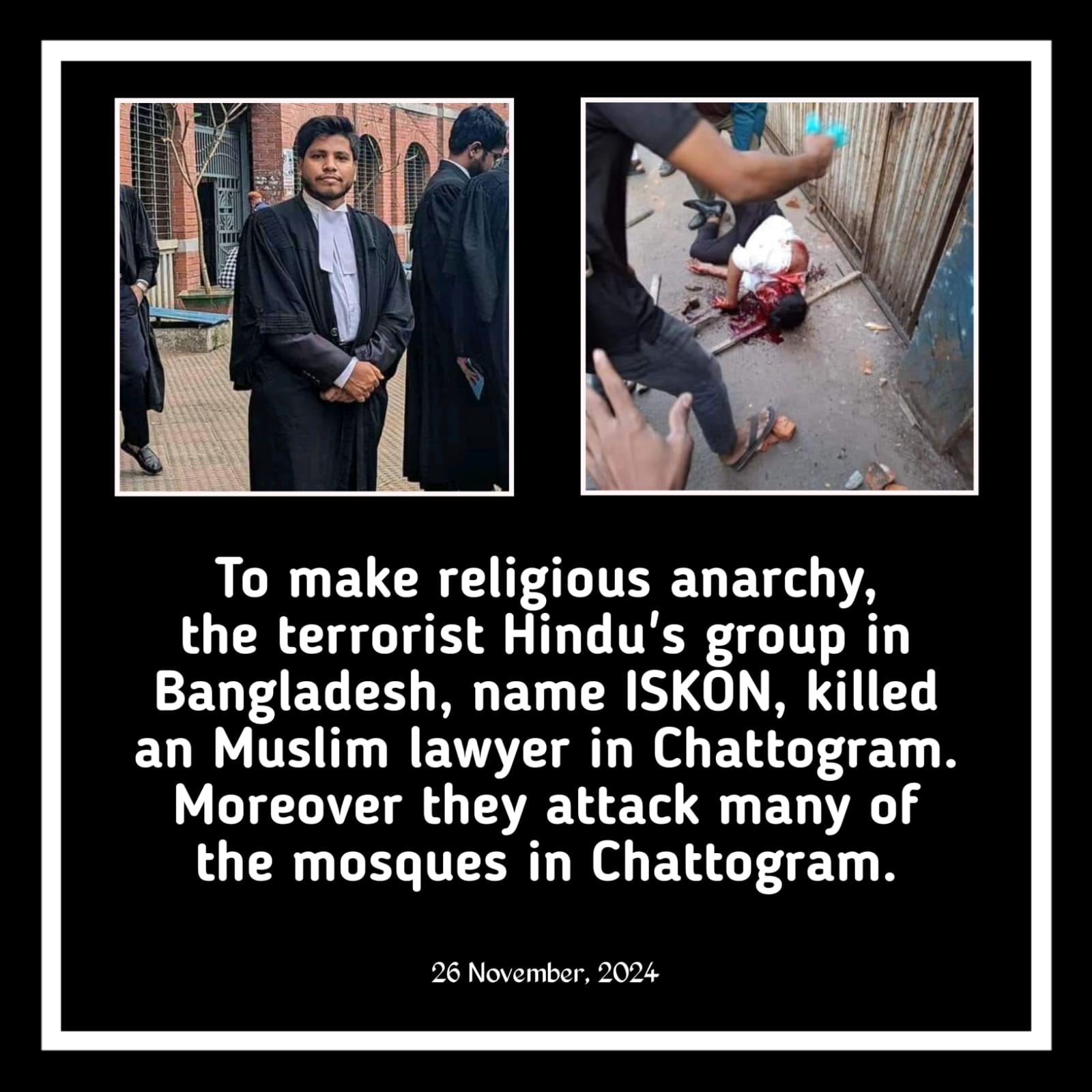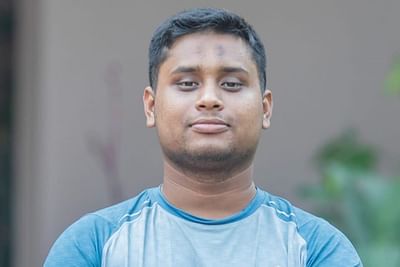In a stunning display of loyalty to the state, senior journalists in Bangladesh have chosen to align themselves with Prime Minister Sheikh Hasina, turning a blind eye to the recent massacre of over three hundred students during the quota reform movement. This allegiance was starkly evident when not a single journalist protested against the brutality executed by state forces under the cover of darkness, with electricity, internet, and telephone connections cut off. Instead, these journalists, in a meeting with the Prime Minister, pledged their unwavering support.
Abed Khan, a prominent figure among the journalists, declared his faith in the Prime Minister, asserting readiness to support her in any necessary manner. Similarly, Shyamal Dutt, editor of Bhorer Kagaz and general secretary of Jatiya Press Club, emphasized the need to strengthen the Awami League as a political entity. Naeem Nizam, editor of Bangladesh Pratidin, focused on bringing those responsible for the unrest to justice through legal means, while DBC Editor-in-Chief Manjurul Islam suggested self-criticism and evaluation of public representatives’ actions. Farida Yasmin, President of the National Press Club, highlighted the role of international media, labeling them as propaganda machines against Bangladesh.
Regrettably, none of these senior journalists condemned the killing of students or demanded justice. Instead, they assumed the role of political advisors, urging the Prime Minister to fortify her party. According to a report by Daily Prothom Alo, these journalists questioned the failure to implement intelligence reports to prevent the violence attributed to Jamaat-BNP under the guise of the quota reform movement. They advocated for measures to attract more talented students to join the Chhatra League and to strengthen the Awami League.
The meeting with the Prime Minister, organized by the Editors Guild and attended by editors, senior journalists, and heads of news, revealed a disturbing trend. The journalists expressed their commitment to support Sheikh Hasina, ignoring the grave human rights violations that had occurred.
Reading the news in Prothom Alo, I was repeatedly shocked and dismayed. As a journalist, I felt a deep sense of guilt and shame. The question that haunted me was: where has the integrity of journalism in Bangladesh gone? How can senior journalists, who are supposed to be the voice of the people, show such a lack of humanity and compassion? Their actions, devoid of empathy, reflect a merciless, inhumane, and spineless approach to journalism.
Prothom Alo also featured a photograph of the meeting, showing many senior journalists present. However, the paper did not publish their remarks, leaving one to wonder why. It would have been beneficial for the nation to hear their statements, to understand the extent of their loyalty and the depth of their moral compromise.
The speeches by Abed Khan, Shyamal Dutt, Farida Yasmin, Manjurul Islam, and Naeem Nizam mark a tainted chapter in the history of journalism in Bangladesh. By standing with the Prime Minister without protesting the genocide or demanding justice, they indirectly supported the massacre. The nation still condemns those who supported the Pakistani occupation forces’ atrocities in 1971. Time will tell how the nation will view those who supported the 2024 genocide. Just as the collaborators of the 1971 invasion were brought to justice decades later, the perpetrators and their supporters of the 2024 genocide will likely face accountability. The identity of the defendants in that trial is not hard to foresee.
— Reflection of a shocked journalist in the UK










